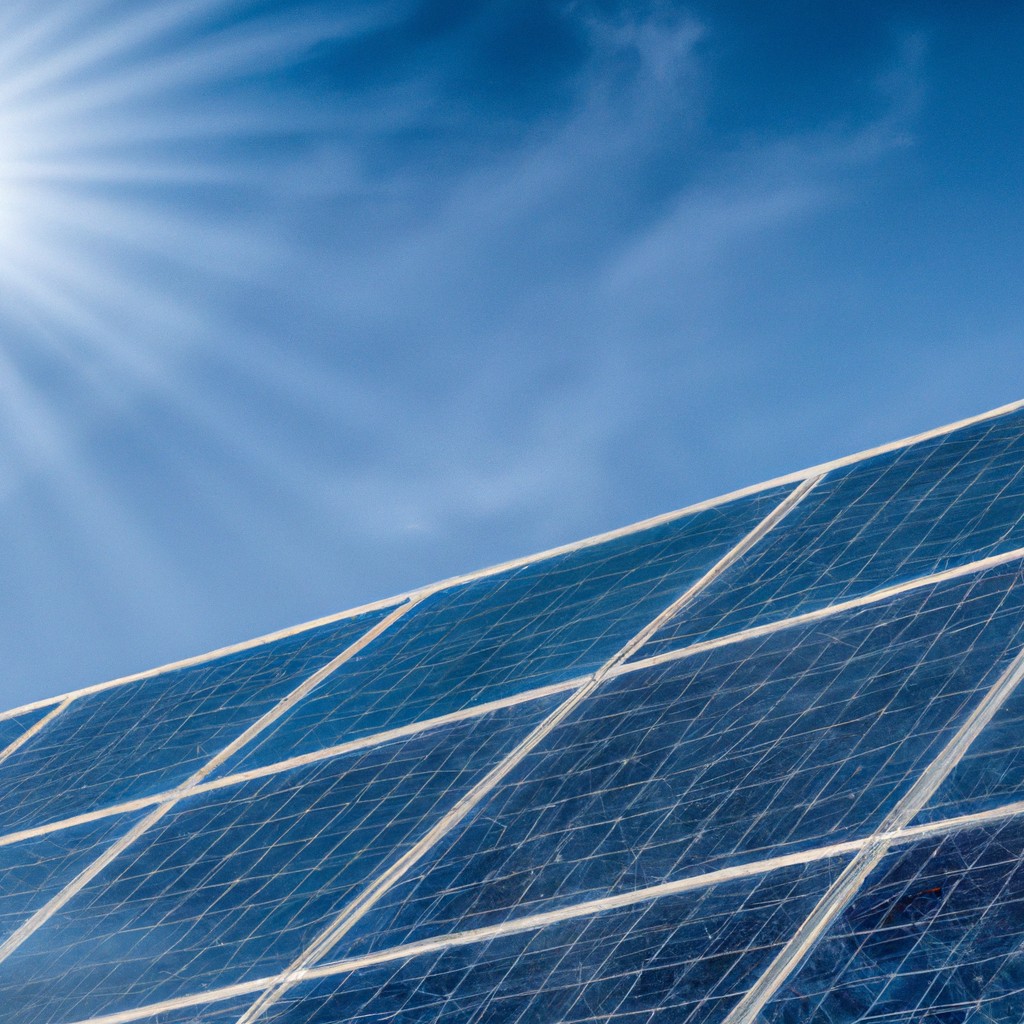Learn how to effectively clean your solar panels to maintain their efficiency and prolong their lifespan.
Key takeaways:
- Regular cleaning is necessary to maintain solar panel efficiency.
- Check panels biannually and clean if noticeable dirt accumulation occurs.
- Consider geographic location, seasonal changes, and power output for cleaning frequency.
- Use soft brushes, gentle water flow, and safety precautions for DIY cleaning.
- Professional cleaning may be necessary for large installations or challenging conditions.
Why Do Solar Panels Need to Be Cleaned?

Dirt, dust, and bird droppings can significantly reduce the efficiency of your solar panels. When these elements accumulate, they block sunlight from reaching the cells, which decreases the amount of electricity generated. In areas with heavy smog, pollen, or frequent bird visits, this buildup can be intense, mandating more regular cleaning. Essentially, keeping your panels clean helps you maximize your investment by enhancing their performance and extending their lifespan.
How Often to Clean Solar Panels
The frequency of cleaning solar panels can vary depending on several factors. Firstly, your geographic location plays a crucial role. Areas prone to dust, pollen, or frequent bird droppings may require more frequent cleanings. Typically, a good rule of thumb is to check panels biannually and clean them if noticeable dirt accumulation occurs.
Seasonal changes also impact cleaning schedules. For instance, after the pollen season in spring or in regions with harsh, dusty winds, a thorough clean might be necessary. On the other hand, areas with regular rainfall might benefit from natural cleaning, reducing the need for manual washes.
Monitoring the power output of your panels can also guide your cleaning schedule. A sudden drop in efficiency often indicates dirt accumulation, suggesting it might be time for a cleanup.
Lastly, consider the angle of your panels. Steeper angles allow for better self-cleaning as debris naturally slides off. Flatter panels, however, may gather more dust and require more frequent attention.
Tools and Safety Considerations for Cleaning Solar Panels
Before tackling solar panel cleaning, gathering the right tools and prioritizing safety will make the process smoother and safer. Soft brushes or a squeegee attached to an extension pole can help you reach panels without climbing directly onto the roof. A hose with a suitable nozzle for gentle water flow is ideal to rinse panels without hard water deposits.
Wear sturdy, slip-resistant shoes, and consider using a safety harness if your roof slope demands extra precautions. Protective gloves and glasses can shield against dirt and accidental splashes. Always check the weather; a cool, overcast day is perfect as it prevents quick drying which can leave streaks. Lastly, completely turn off the solar panel system to avoid any electrical hazards while cleaning.
Step-by-step Guide
Begin by choosing a mild, overcast day to prevent quick drying, which can leave streaks. Ensure that the solar panels are cool to the touch.
Turn off the solar power system before starting to avoid any electrical hazards.
Use a soft brush or a squeegee attached to a long handle to reach the panels comfortably. Avoid hard materials that could scratch the surface.
Gently remove any debris like leaves or twigs with the brush before applying water.
Spray water using a hose at low pressure to wash away loose dirt. For grime or bird droppings, fill a bucket with warm water and a small amount of mild soap. Avoid abrasive soaps or high-pressure water which can damage the panel surface.
Clean the surface with the soapy water using your soft brush, being careful not to press too hard. Rinse thoroughly with clean water to remove any soap residue.
Dry the panels with a clean, soft cloth or let them air dry.
Regular maintenance keeps your solar panels efficient and prolongs their lifespan.
When to Consider Professional Solar Cleaning
Deciding on professional cleaning services largely hinges on a few key factors. Firstly, the scale and accessibility of your installation play a critical role. Larger arrays or panels installed in hard-to-reach areas might benefit from the expertise and equipment professionals bring. Safety is another significant consideration; steep roofs or slippery conditions increase the risk of falls and injuries. If you’re unsure about navigating these challenges safely, calling in experts can be a wise decision.
Additionally, certain weather conditions or local environmental factors like heavy pollen, regular dust storms, or bird droppings might necessitate more frequent or thorough cleaning than usual. Professionals can address these issues with specialized tools and techniques, ensuring your system operates efficiently without risking damage from improper handling.
Lastly, if your solar panels are under warranty, check the terms—some manufacturers may require professional upkeep to keep the warranty valid. By keeping these points in mind, you can make an informed decision about when to invest in professional solar panel cleaning services.




